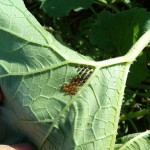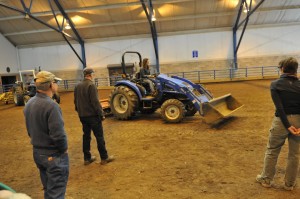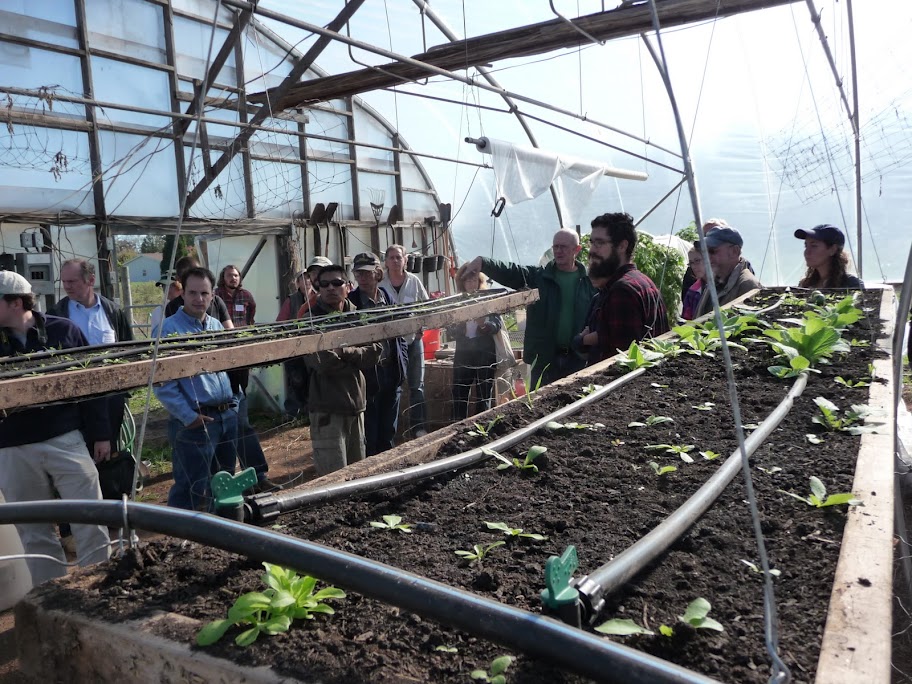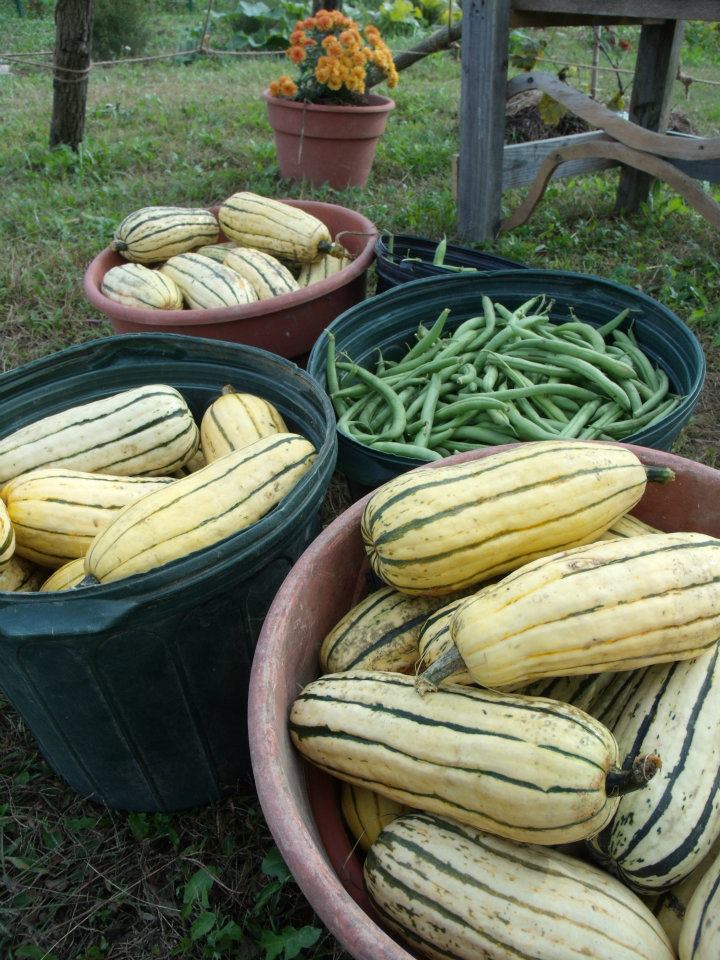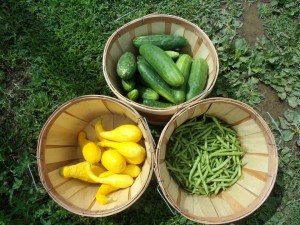Hey folks, today I have a guest post to share, written by a fellow gardener, Sam G.
There is no doubt that a community garden or student farm has different requirements for care than a large commercial operation. That being said, there are several problems such as pests that impact both small operations and large scale agricultural concerns equally. However the solutions that many commercial concerns have used for their pest problems are not only harmful to the environment but also would be far too dangerous to use by those who are tending to a smaller plot of land.
With that in mind let’s examine some of the healthier and saner options for pest control that are well within the reach of any sized farming or gardening operation. Here’s a list of some of the non-toxic pest control options that can protect and enhance a community garden or farm.
#1 Think About Prevention First
- While pests are a big problem in any garden or farm, sometimes you can avoid the problem all together by being prepared and preventing them from getting in. Obviously this is incredibly difficult when you have a large open space, but there are a few measures you can take that will make your green spaces much less attractive to pest species. The best thing you can do in this case is to apply an organic repellent such as hot pepper extract more info on which can be found at this site or similar products around the perimeter of your space, to keep bugs, snakes, rodents and other pests away.
- Being sure to keep your plants healthy is also a great way to keep several types of insects and other pests away, as healthy and robust plants are much less likely to attract opportunistic insects than a sick or damaged plant is.
#2 If Repellents Don’t Work, Use A Natural Solution
- Despite the fact that pesticides have a well-deserved reputation for doing more harm than good for many farms and gardens, there are a multitude of products that will still deal effectively with pests but will not cause the same amount of harm to the environment, or your plants for that matter.
- Two of the best products for natural pest control are rosemary oil and peppermint oil. They have much the same effect as chemical pesticides when sprayed onto plants, but are completely non-toxic to humans and other mammals and best of all are not toxic to aquatic life. This lack of aquatic toxicity has huge implications for gardens and farms that are located near sources of freshwater or use extensive irrigation that would make the use of more toxic products a bad idea.
- Another great topical treatment for many pest problems is diatomaceous earth, despite the fact that it is completely safe for humans, even if it is ingested, it is quite toxic to insects, and can be used to get rid of virtually any sized infestation in a garden or farm setting. Because of its low toxicity, it won’t be dangerous to eat plants that are treated with the product, which cannot be said of many other topical pesticides.
#3 Encourage The Predators Of Pests
- This is a quick and simple way to gain control over any pest problem with a modicum of effort on your part. For any pest, there are likely to be a large number of natural predators that can reduce or even eliminate their numbers, particularly if they are used in concert with other organic pest control methods.
- For instance, you should encourage animals such as cats to hang around your garden or farm, in order to keep mice and snake populations down. Although even snakes can be helpful in their own way if they are eating any rodents that might be intruding on your plants. However you should be careful to not encourage the presence of poisonous snakes because obviously that can cause issues above and beyond those posed by rodents or insects.
Author Bio
Sam Gerald is an amateur gardener who is concerned with the role pesticides play in today’s agricultural scene. He advocates for using natural and organic solutions to pest control problems whenever it is feasible. Click the following link to learn more about some of his favorite natural and organic pest control products.
